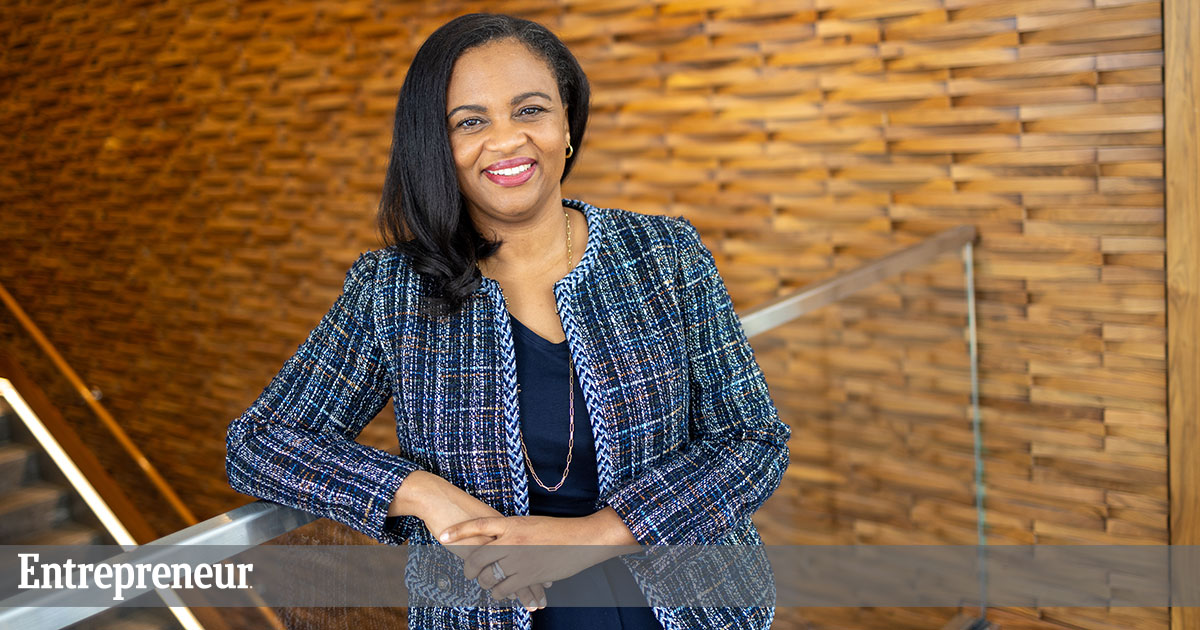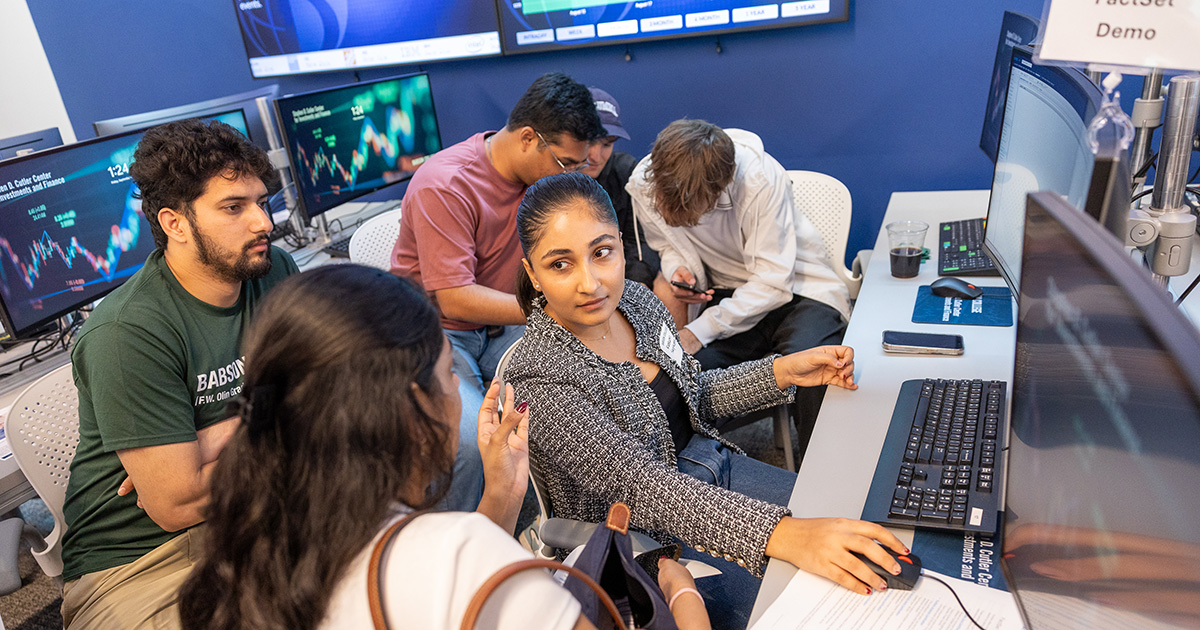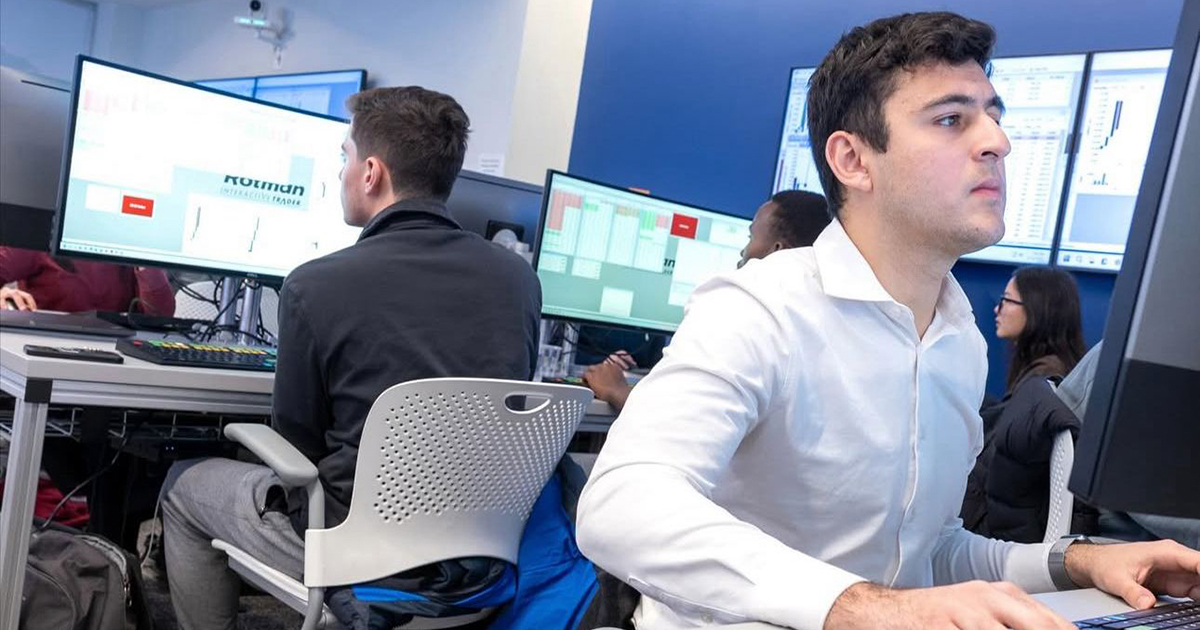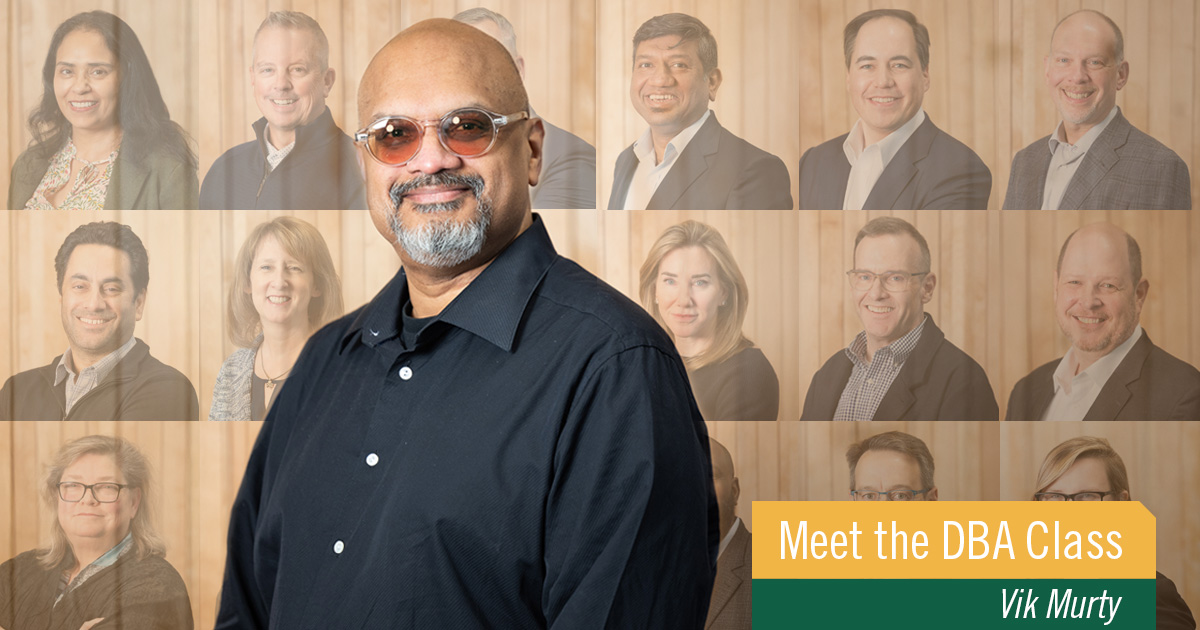Successful Businesses Have This One Thing in Common

High-performing startups often feature strong founding teams that combine business-minded generalists and technical-expert specialists. The mythic founder who does it all is rare for good reason. The skill set that makes someone a top-notch developer or scientist isn’t the same skill set it takes to raise capital and coordinate business operations.
The best partnerships pave the way for innovation and success. But partnerships can go wrong if business promises outstrip technical realities. Think of Theranos, the fraudulent blood-testing startup where claims to the public and investors never aligned with what the product could actually do.
As the founding faculty director of the Kerry Murphy Healey Center for Health Innovation and Entrepreneurship at Babson College, I often assist healthcare experts looking for business partners to push new ideas to market. Research I’ve done with Babson colleagues Candida Brush and Alia Crocker suggests interdisciplinary teams are most likely to have the knowledge required for a successful venture.
Here are three strategies to build and scale successful partnerships and companies.
Find the Right Person by Setting Clear Expectations
Innovators looking to launch a product and business professionals looking for their next startup don’t always share the same aims. When you meet a prospective co-founder, be upfront about your economic and mission-driven motivations and ask them to do the same. Check that you’re on the same timeline. How fast do each of you want to move? If one person is eager to go to market and the other wants to slow down, you’ll encounter serious problems.
Verify whether you share the same ethical approach about not cutting corners to make the next milestone, and make sure to discuss roles. In healthcare startups, for example, some scientists prefer to be silent partners rather than a prominent part of the business. So ask your potential co-founder: How involved do you want to be in the company?
Editor’s note: This article first appeared in Entrepreneur magazine.
Partnerships require compatibility, even as they flourish because each person brings different strengths to the relationship. Don’t feel pressured to immediately settle down. If your prospective partner doesn’t share your expectations, keep searching. Being up front early can save you and your team from disappointment and financial losses down the road.
You have options. Co-founder matching platforms such as Y-Combinator, Co-Founders Lab and others offer ways to connect. There are also specialist matching programs for particular industries. MassVX, founded by Vinit Nijhawan, serial entrepreneur and managing director of MassVentures, connects doctors and other scientific experts with entrepreneurs who have experience raising capital and running a business.
Create a Common Language
Even before vetting partners, business-oriented entrepreneurs should become conversant in the field they’re exploring. You don’t have to be as knowledgeable as the technical expert on the innovation itself; that’s why you’re teaming up. But you should know the field well enough to discuss its potential. You can’t position your company to succeed if you don’t understand what your product does and why it’s better than existing solutions.
If you’re entering the healthcare industry, for example, you might attend relevant medical conferences and follow scientific discoveries. If you’re wading into the gaming industry, you might attend gaming events, read industry reports and listen to leading podcasts. In 2024, every technical field features a wide range of accessible options to learn more.
“Profit and purpose can go together when entrepreneurs and technical experts are on the same page. Making these relationships work is an art.”
Professor Wiljeana Glover, the founding faculty director of the Kerry Murphy Healey Center for Health Innovation and Entrepreneurship
At the same time, you’ll want to find a technical partner who is open to understanding the business side. Before teaming up, you should offer a baseline explanation of your anticipated revenue model, customer base and market size. Are you a B2B company pitching a few large clients? Or a B2C organization that relies on individual consumer buy-in?
Once you find an expert who shares your language, keep the conversation going throughout the partnership. Reserve time for regular updates on how the product is progressing. Genuine curiosity from entrepreneurs makes technical experts feel understood, and helps you better do your job. You won’t be tempted to fluff over the details when pitching to investors — a tactic that could eventually catch up with you.
Don’t let these meetings become one-sided. You should keep your partner apprised of business progress. Teams only succeed when partners understand and build off each other’s expertise in the pursuit of a common mission.
Develop Shared Measures of Success
You and your co-founder should track progress together. That initial agreement on expectations will be your North Star when setting product and financial milestones.
As an entrepreneur, you’re responsible for making sure that fundraising doesn’t outstrip results. If you go to series B and C and you’re not keeping track of product development, eventually that omission comes to a head. For example, a 2022 study led by researchers at investment firm Rock Health and Johns Hopkins University found that 44% of digital health startups had no clinical trials or regulatory filings to stand on.
You should also help technical experts understand financial measures of success like revenue and customer win rate. Sometimes an engineer or scientist might feel like the businessperson is pushing the timeline too fast. Listen to those concerns. If you disagree, explain how your approach contributes to your organization’s goals.
Profit and purpose can go together when entrepreneurs and technical experts are on the same page. That isn’t always easy. Making these relationships work is an art. By setting expectations up front, communicating clearly and working toward shared measures of success, your partnership will reap rewards both for you and your business.
Wiljeana Glover is the Stephen C. and Carmella R. Kletjian Foundation Distinguished Professor of Global Healthcare Entrepreneurship and the founding faculty director of the Kerry Murphy Healey Center for Health Innovation and Entrepreneurship at Babson College.



